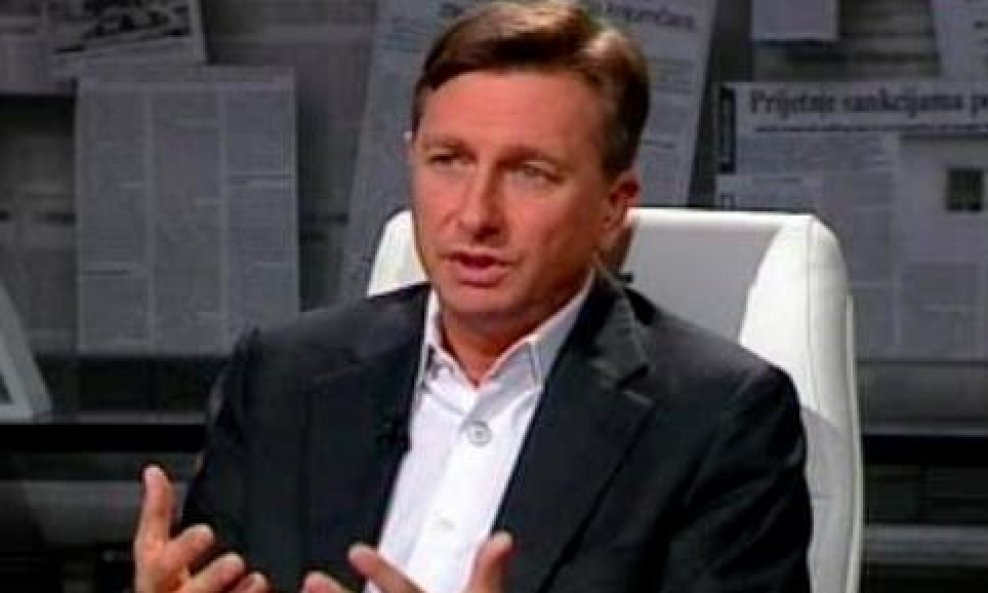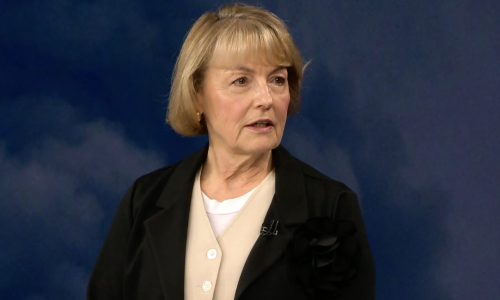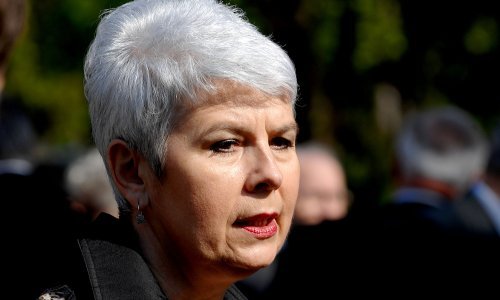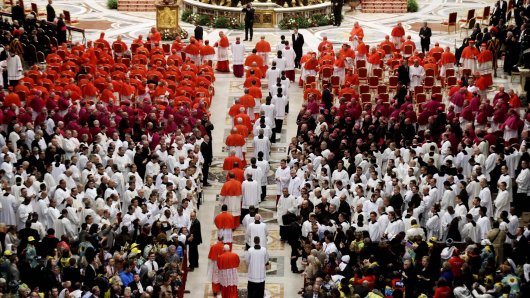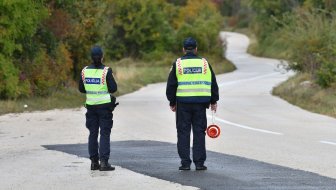Former Slovenian Prime Minister Borut Pahor has said that he and former Croatian PM Jadranka Kosor deserved the most credit for an agreement that the Slovenian-Croatian border dispute be solved through international arbitration, adding that the now-defunct Ljubljanska Banka's debt to Croatian depositors should be dealt with as a succession issue.
Speaking in a Croatian Television talk show on Sunday, Pahor said that when he became PM, there was a threat of the Croatian-Slovenian border dispute escalating into something bigger.
Speaking of his first contacts with the then Croatian PM, Ivo Sanader, when Slovenia had blocked Croatia's accession negotiations with the European Union because of the dispute, Pahor said Sanader thought Slovenia was "too small a state" in the EU and that the bigger member countries would put pressure on it so that the issue was solved.
Pahor said national interests were most important to him as PM and that he told everyone who exerted pressure, mentioning German Chancellor Angela Merkel, that he would not give up from a solution that was just for Slovenia.
Pahor said Slovenia rejected an "ultimatum" by then EU president France which suggested a compromise that would provide for the resumption of Croatia's accession negotiations, adding that for him that was a "difficult time of difficult decisions" and lots of pressure.
He said Sanader was a tough negotiator but would not comment on Sanader's claims that he stepped down as PM so that the Croatian-Slovenian dispute could be solved.
Pahor said the key moment was when the then Enlargement Commissioner, Olli Rehn, "decided to throw in the towel" in the Croatia-Slovenia negotiations, adding that he and Sanader's successor, Kosor, internationally isolated and faced with increasing tensions, realised that they must take matters into their hands.
He said the United States and the then EU president Sweden did not play a big role in the settlement of the dispute although they did mediate.
Pahor also commented on a WikiLeaks report that he was telling U.S. diplomats in Ljubljana that Croatia and Serbia should join the EU together. He said that what he actually said, and still thought, was that "if Croatia becomes an EU member, Serbia must not be left without a European prospect" because if Serbia waited too long to join the EU, that would be bad for reconciliation in the Balkans.
With regard to the Ljubljanska Banka issue, Pahor said it should be solved as part of succession to the former Yugoslavia. He recalled he negotiated such a solution with Kosor on 31 July 2010.
"Slovenia's wish is that Ljubljanska Banka's Croatian depositors get their money through the institutions for succession in Basel. I think they will get it."
Pahor also said the Slovenian government could send a proposal for the ratification of Croatia's EU Accession Treaty into parliamentary procedure in the wake of a letter in which Croatian Foreign Minister Vesna Pusic confirmed that the bank issue would be solved at the Bank for International Settlements in Basel. He added the ratification would require a two-thirds majority in the Slovenian parliament.



